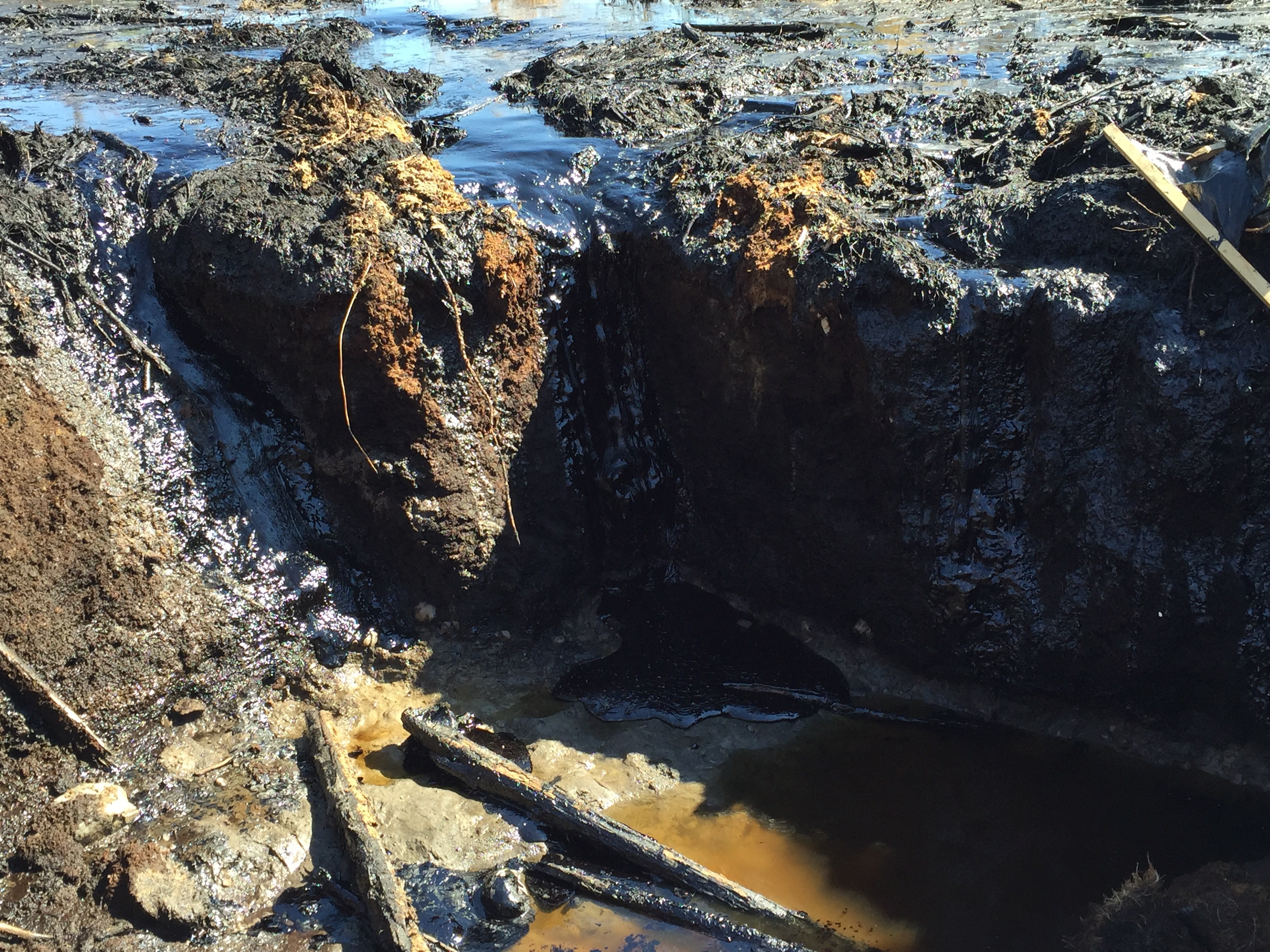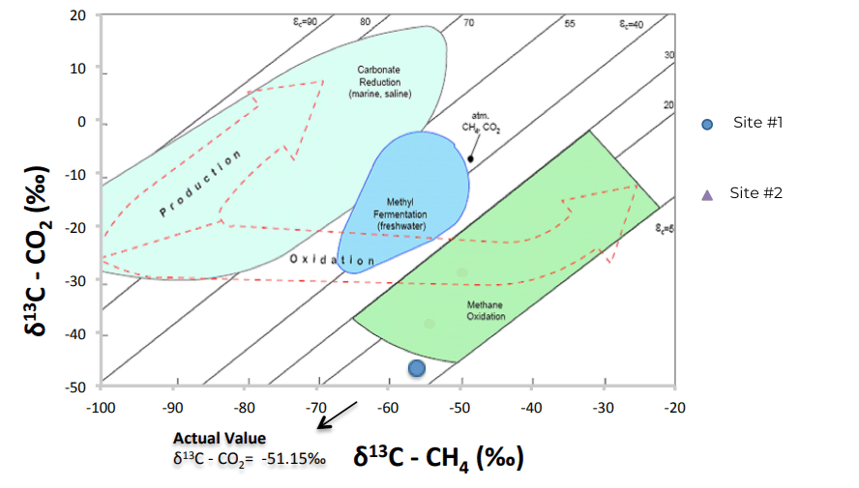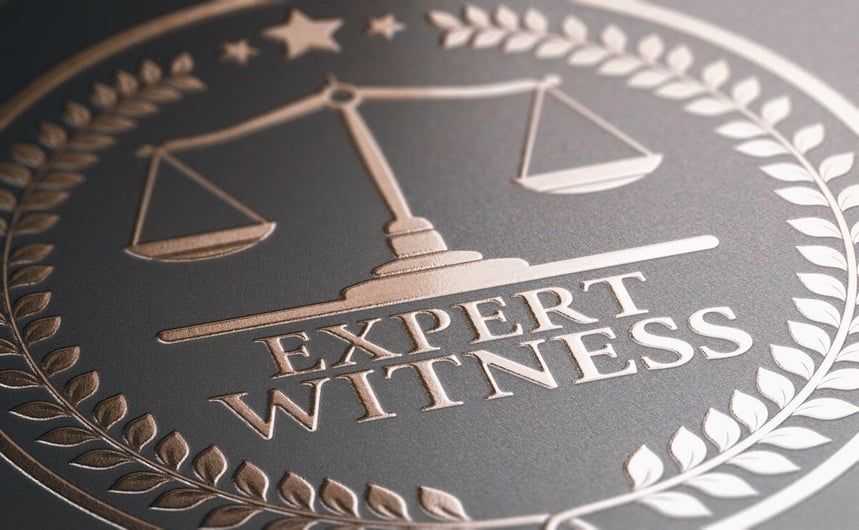You have had a spill… don’t panic, everything will be fine. Accidents happen. It is what you do next that is important. I have worked on many spills and here are what I believe are four of the most important things from a chemist’s perspective.
1. Get lots of source samples.
You are going to need this for your chemical fingerprinting and for testing later. Gather a lot of source samples that have not hit the environment as well as ones that have. Make sure they are properly labeled and tracked as you will need to know where they were collected, who collected them and when they were collected later on in the response. These samples will be fundamental information used later in the clean up as you will need to know what is ‘yours’ and what is not yours. That may seem simple when you see the oily mess on the surface but once the messy bit is over, you will then be searching for the missing oil in the sediments and that is when the chemical fingerprint will be your most important ally. All sediment in all rivers have polycyclic aromatic hydrocarbons (PAHs). Your job will be to figure out which ones are from the oil and which ones are not.
2. Only release the reviewed/validated data
Bad data is not good for anyone. It is our jobs, even on a spill, to only release the reviewed data to ensure it meets the data quality required for the job. The data is going to come in very fast and being able to review and screen it is essential. Bad data, for example false hits of compounds associated with oil (such as toluene) or hits for PAHs in the water but your blank samples also have hits destroys the reputation and undermines the work in the long run. Bad data being released to the public can never be taken back because they already heard it and will not forget of the exceedances or hits of these foreign chemicals associated with petroleum. All data should be reviewed thoroughly and QA-QC’ed thoroughly before public dissemination. Being scientists, we need to make sure the information is transparent but also must make sure that it is correct!
3. Lock down your sampling procedures
Make sure your sampling procedures are well documented, validated and passed out for all to review so that the procedures are strictly abided by. From sampling technique to chain of custody, everything should be documented and followed. Nothing is worse than having analytical data come back and we then find out that the samples were collected incorrectly and the data is no good. We have lost time and information that could be valuable in your response.
4. Control your data
All your data should flow nicely from the field, to the laboratory, for QA-QC review than to a database. That database should be able to capture the information and quickly and easily provide summary tables and maps to visualize the information. Visualization is key for the communication process so have a streamlined data system is imperative. A good data system can not only provide good visualizations but should also help optimize the sampling. See Statvis.com for more information about data visualization.
There are many more things I could discuss regarding spill response from a chemist’s perspective. I have previous blogs that are available. If you have a spill or want to be more prepared for a spill, please feel free to contact me.




